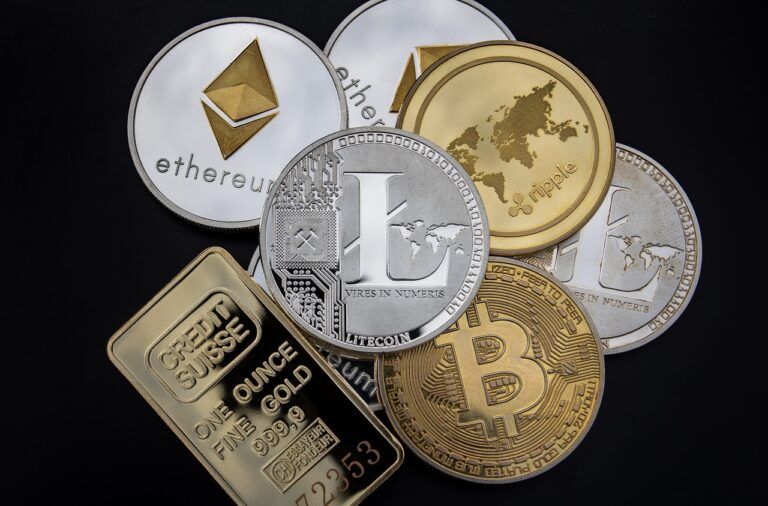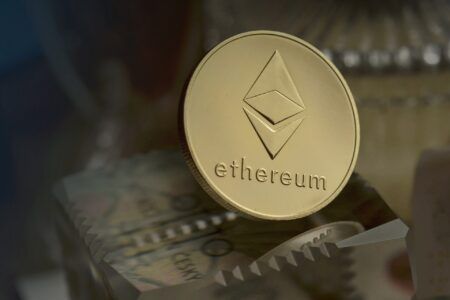Wirex, a zero-fee platform for buying, storing, and exchanging crypto and fiat currency with 1.8 million users, recently conducted a survey via Twitter asking which cryptocurrency: bitcoin (BTC), litecoin (LTC), ethereum (ETH, or ripple (XRP) its followers prefer.
We have a remarkable community in #TeamCrypto & we want your input every step of the way for the @paymentsrace!
Our runner @maxmeilleur can only use crypto to get from NYC – VegasWhich #crypto should his first purchase be in?#BTC #LTC #XRP #ETH #cryptocommunity #cryptotwitter
— Wirex (@wirexapp) October 14, 2018
Although there are still three days left before Wirex’s survey ends, 73% of respondents said they would use XRP instead of the other major cryptocurrencies. This was in response to Wirex asking if a runner has to go from New York City (NYC) to Las Vegas, then which cryptocurrency should he use to make his first purchase.
While bitcoin remains the world’s most dominant cryptocurrency as it currently has a market capitalization of over $109 billion, only 15% of those surveyed so far said they would recommend using BTC to make a purchase.
Many Recent Developments For Ripple
9% of Wirex’s survey respondents said they’d suggest that the runner use litecoin (LTC) to buy items while just 2% said he should use ETH. Notably, Ripple Labs, the American fintech firm that developed the XRP token, appears to have made substantial progress with the development of its suite of financial products.
As reported, Ripple’s XRP-based xRapid product recently went live and three companies have already agreed to use it in production. Ripple has also entered into partnerships with over 120 financial institutions in order to help them expedite cross-border transactions by using RippleNet.
As CryptoGlobe reported in September, David Schwartz, the chief cryptographer at Ripple Labs, claimed that “XRP wins all metrics.” However, a closer examination might suggest otherwise as Wirex’s survey only asked which cryptocurrency would be best suited to make purchases.
Bitcoin (BTC) A Better Store Of Value
In other words, people were asked which digital asset would function more effectively as a medium-of-exchange (MoE) and not a store-of-value (SoV). Vijay Boyapati, a former engineer at Google and widely-recognized commentator on Twitter on the economic aspects of cryptocurrencies, has discouraged the use of bitcoin as a MoE.
Boyapati explained that the “opportunity cost” of using BTC as a MoE is “huge” because if it is used to make everyday purchases, then its holder is basically giving up the expected considerable long-term gains in its future value.
Historical price data for bitcoin does show the flagship cryptocurrency once traded below $1, however, it’s currently trading at over $6,000. While nobody can accurately forecast the future price of bitcoin or any other asset, technical analysis and observing price movements over long periods of time can help us statistically reduce risks when investing.
Ether Not Meant For Daily Purchases
Also, even though only 2% of Wirex’s survey respondents said they would recommend using Ether (ETH) for purchases, it must be noted the main intended use case for Ethereum’s native token was never to function primarily as a MoE.
Ether is meant to help facilitate transactions mainly on the Ethereum blockchain, which aims to allow developers to create smart contracts and issue their ERC-20 compliant tokens. Meanwhile, litecoin (LTC) may be experiencing more technical issues compared to XRP as it uses a proof-of-work (PoW) based consensus mechanism to validate blocks whereas the XRP token is pre-mined (does not require mining).
Proponents of PoW-based cryptos argue that other methods used to reach consensus on a blockchain network such as proof-of-stake (PoS) compromise significantly on security, in an attempt to help their blockchain network scale.









